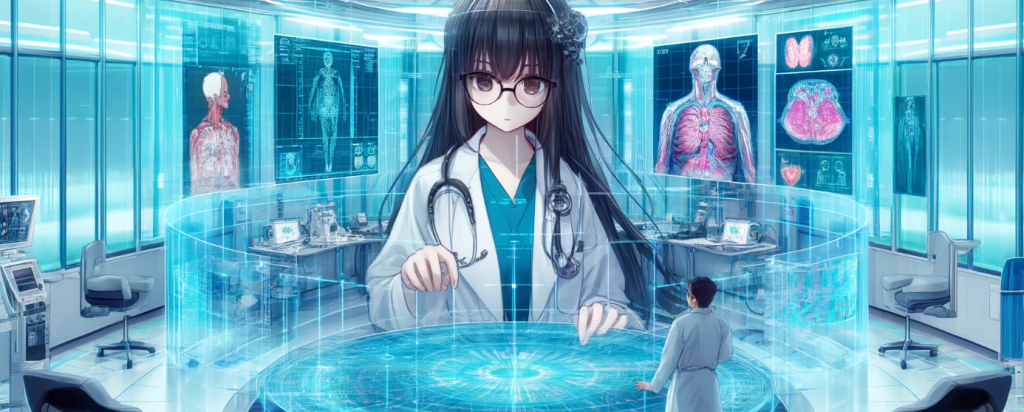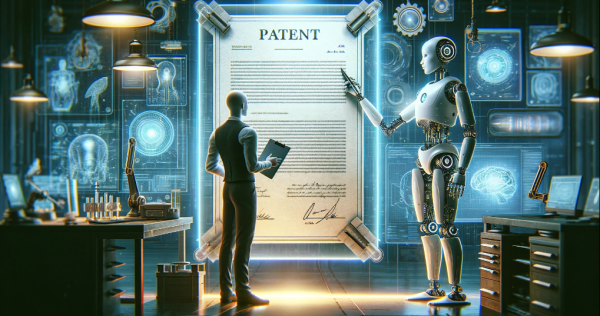Guest Post from Professors Pamela Samuelson, Christopher Jon Sprigman, and Matthew Sag.
The U.S. Copyright Office published a Notice of inquiry (“NOI”) and request for comments, Artificial Intelligence and Copyright, Docket No. 2023-6 on August 30, 2023, calling for comments from interested parties addressing dozens of questions. The Office’s questions focused on a wide range of issues including the copyright implications of the use of in-copyright works as training data, on the feasibility of licensing such uses, the impact on competition and innovation in AI industries depending on how courts resolved training data copyright issues, the copyrightability of AI outputs, whether new laws regulating generative AI were needed, whether AI developers should be obliged to disclose the sources of their training data, and whether AI outputs should be labeled as such.
The Office received roughly 10,000 comments on October 30, 2023. We, who have been writing and teaching about copyright law and how it has responded to challenges posed by new technologies for decades, were among those who submitted comments, see https://www.regulations.gov/comment/COLC-2023-0006-8854.
After reading and reflecting on comments filed by Federal Trade Commission (FTC), see https://www.regulations.gov/comment/COLC-2023-0006-8630, we decided to file a reply to the FTC’s comments, see https://www.regulations.gov/comment/COLC-2023-0006-10299. Below is the substance of our reply comments explaining why we believe the agency’s comments were ill-informed, misguided, and highly ambiguous.
Substance of the Samuelson, Sprigman, Sag Reply Comments:
We should begin by noting our appreciation for the FTC’s work enforcing both federal antitrust and consumer protection laws and helping to lead policy development in both areas. In our view, the FTC plays a vital role in keeping markets open and honest, and we have long been admirers of the intelligence and energy that the agency brings to that task. More specifically, we recognize the usefulness of examining intellectual property issues through the lenses of competition and consumer protection.
However, in the case of its response to the Copyright Office’s NOI on Artificial Intelligence and Copyright, the FTC has submitted Comments that are unclear and thus open to a variety of interpretations—and possibly to misinterpretations as well. The FTC’s Comments also raise questions about the scope of agency’s authority under Section 5 of the Federal Trade Commission Act, 15 U.S.C. 45, to bring enforcement actions aimed at activities, including those involving the training and use of AI, that might involve copyright infringement—although we would note that the copyright consequences of AI are, as yet, undefined.
We have three principal criticisms of the FTC’s comments:
First, the FTC’s submission is not a model of clarity: indeed, later in these Comments we will focus on a particular sentence from the FTC Comments that is worrisome both for its opacity and for the ways in which it may be interpreted (or misinterpreted) to chill innovation and restrict competition in the markets for AI technologies.
Second, the FTC Comments do not appear to be based on a balanced evidentiary record; rather, the Comments appear largely to reflect views articulated by participants in an Oct. 4, 2023, FTC Roundtable event[1] that featured testimony largely from artists and writers critical of generative AI: 11 of the 12 witnesses appeared to be or to represent individual creators, and one represented open-source software developers who objected to AI training on their code. Not a single witness provided perspectives from technologists who have developed and work with AI agents. Perhaps not surprisingly given the imbalance in the record, the FTC comments do not seem to appreciate the variety of use cases for AI technologies or the broader implications of those technologies for competition policy.
Third, and finally, certain of the FTC’s Comments could, if misunderstood, upset the careful balance that the copyright laws create between private rights to control copyrighted works and public access and use of those works. Upsetting that balance could chill development not only of useful AI technologies, but of a range of new technologies and services that augment consumers’ opportunities to access and use copyrighted works and increase the value of those works to consumers.
In the remainder of these Comments we will focus on a specific sentence from the FTC Comments that illustrates all of these problems.




